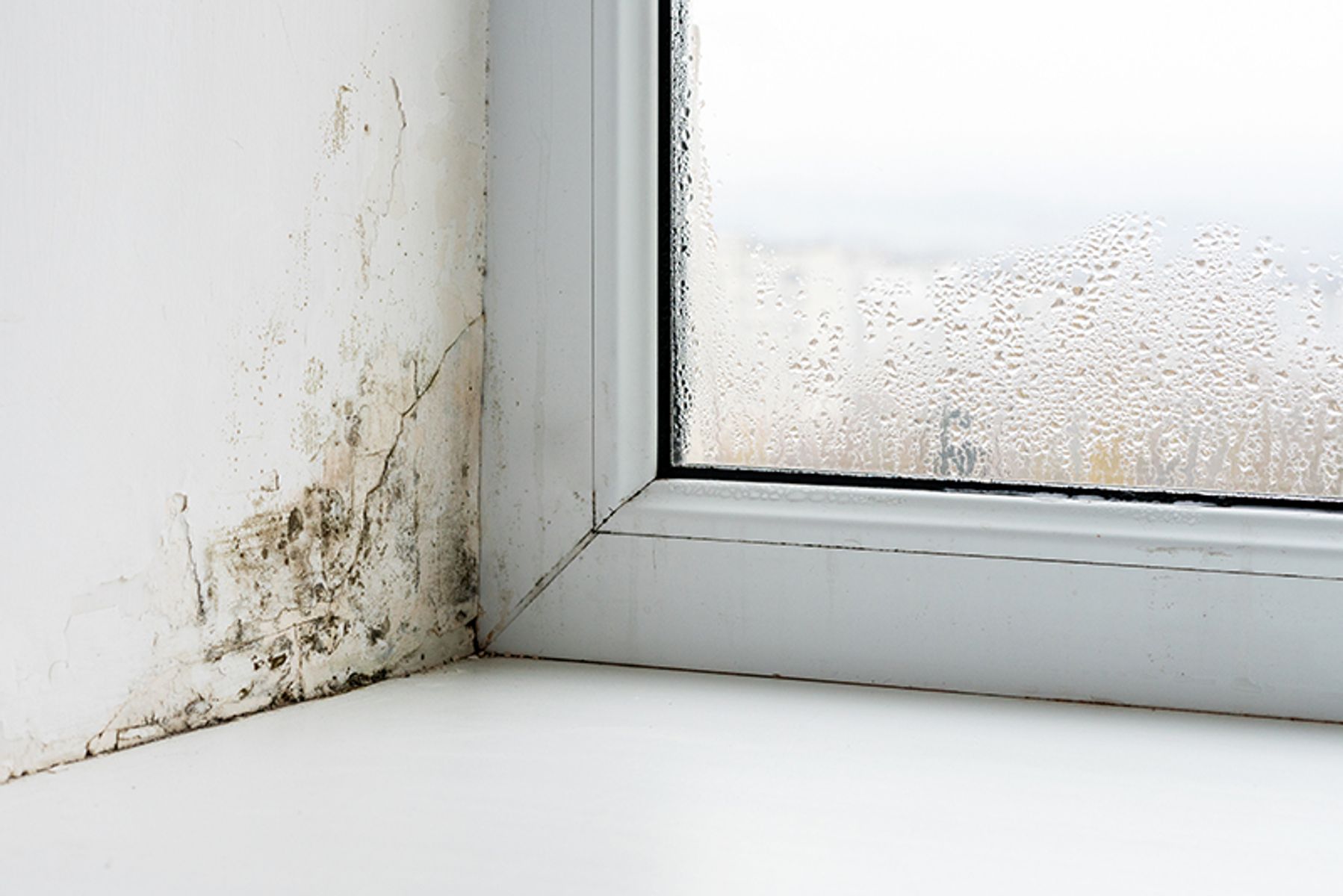In a bold move to address housing supply concerns, the Victorian government has unveiled a proposed tax targeting owners of long-term vacant properties. The intended outcome? To serve as a financial incentive for investors to either lease or sell their vacant residential assets. The proposed legislation extends the existing Vacant Residential Land Tax (VRLT), currently applicable to Melbourne's inner and middle suburbs, to encompass unoccupied residential properties across the entire state.
Effective from 2025, with the vacancy period starting on January 1, 2024, the expanded tax will not only target properties in Melbourne's established areas but will also extend its reach to undeveloped residential land that has remained idle for more than five years. This comprehensive approach aims to discourage long-term land banking and foster new housing developments, aligning with the government's broader strategy to boost housing supply and affordability.
However, the proposed changes have not been universally welcomed. The Real Estate Institute of Victoria (REIV) has openly criticized the expansion, with CEO Quentin Kilian characterizing it as "just another regrettable demonstration of poor property policy development and short-sightedness from the Victorian government."
The government's exemption criteria, though, provide a silver lining for some property owners. Holiday homes, recently acquired properties, those regularly occupied for work purposes, and properties undergoing construction or renovation are excluded from the tax—at least for now.
As the government strives to tackle the housing supply issue, the short-term impact remains uncertain. The burden to make a significant difference may fall on private investors, who are already navigating a complex economic environment. Industry feedback indicates a strong stance against the proposed tax, with concerns that it may act as a disincentive for investor activity. There's a palpable fear that this additional financial burden could prompt more landowners and investors to divest, potentially exacerbating the existing rental shortage.
In a property market where resilience is key, the government's initiative raises critical questions about the delicate balance between taxation, housing supply, and investor confidence. As the landscape evolves, real estate investors will need to carefully assess the potential implications and adapt their strategies to navigate these turbulent waters. Stay tuned for further updates as the situation unfolds.





